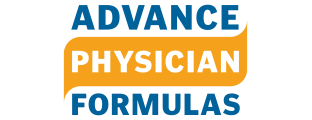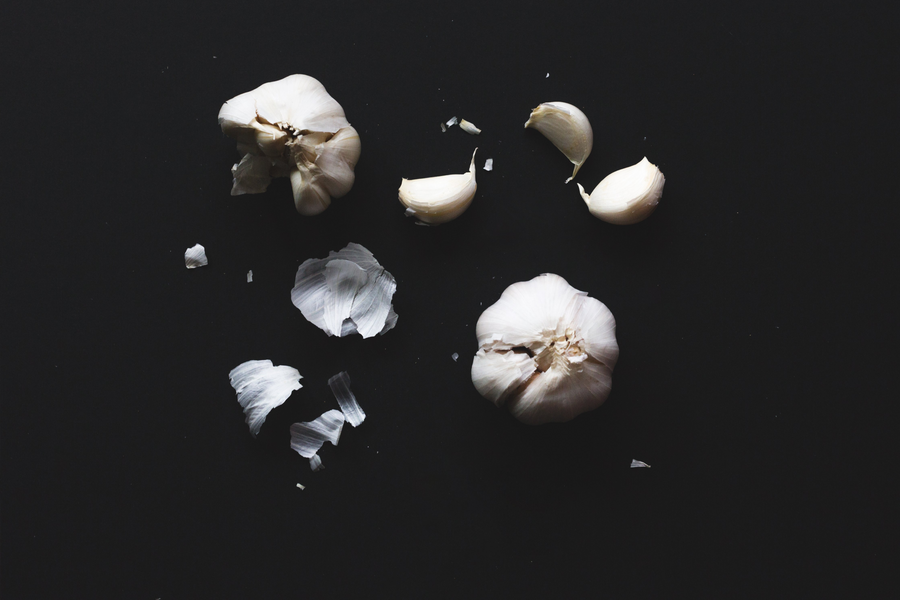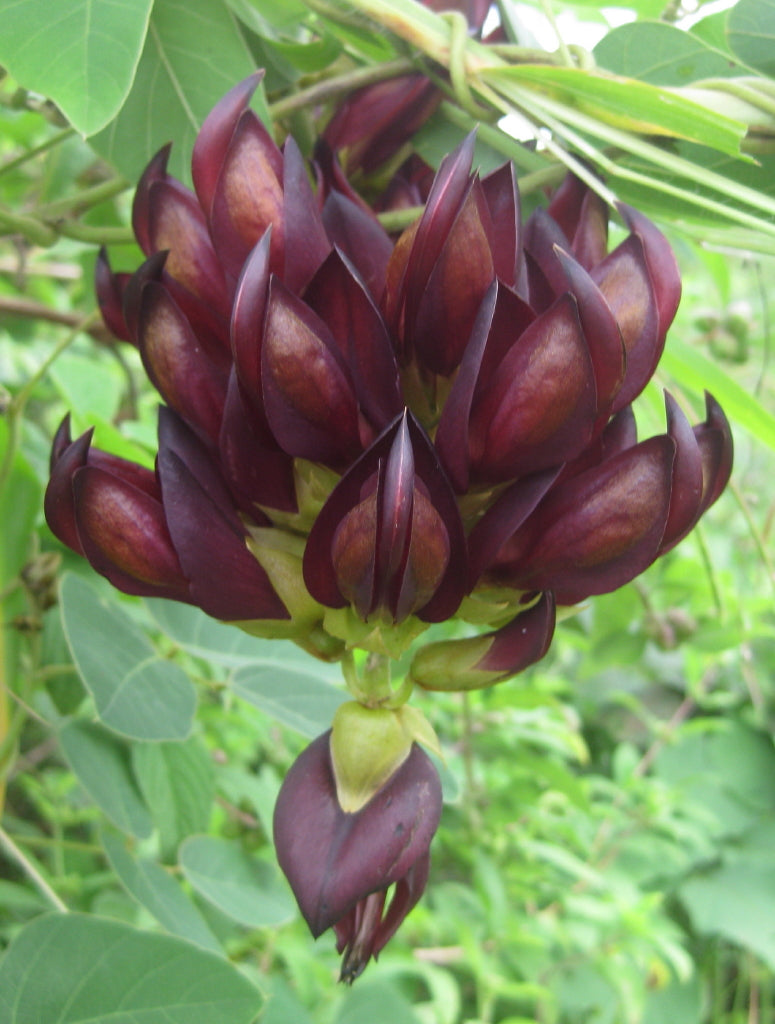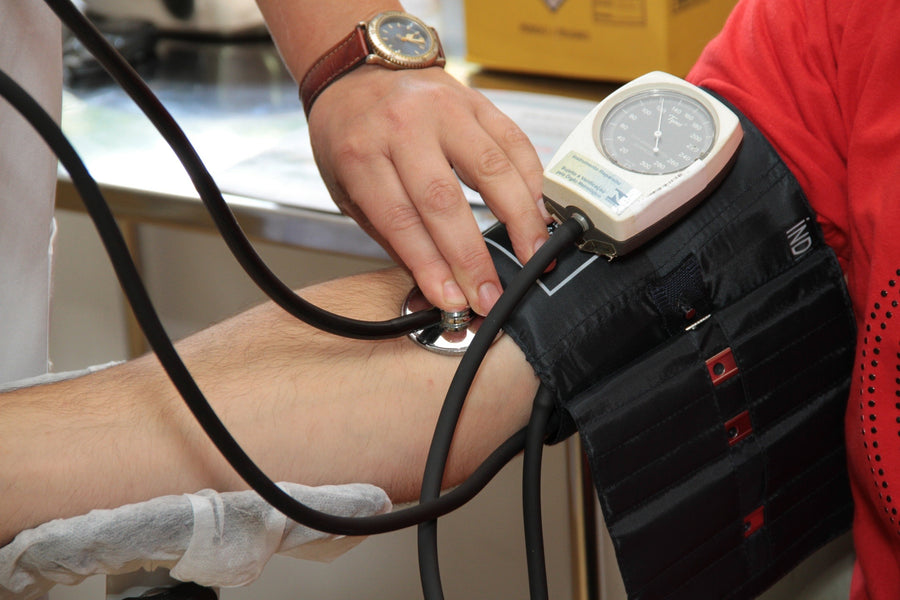 There is a condition called "chemo-brain," which effects a large number of cancer patients receiving chemotherapy. Patients with this condition suffer from memory loss and have difficulty with focus and concentration. Dr. Gregory W. Konat and colleagues at West Virginia University School of Medicine in Morgantown first gave one group of rats two drugs commonly used to treat cancer, Adriamycin and Cytoxan. These drugs led to memory problems. However, memory loss was prevented when the researchers gave the rats N-acetyl cysteine, or NAC, during chemotherapy.
There is a condition called "chemo-brain," which effects a large number of cancer patients receiving chemotherapy. Patients with this condition suffer from memory loss and have difficulty with focus and concentration. Dr. Gregory W. Konat and colleagues at West Virginia University School of Medicine in Morgantown first gave one group of rats two drugs commonly used to treat cancer, Adriamycin and Cytoxan. These drugs led to memory problems. However, memory loss was prevented when the researchers gave the rats N-acetyl cysteine, or NAC, during chemotherapy. 
Comments: Since it is still not fully clear whether antioxidant treatment influences the effectiveness of cancer drugs during treatment, one option is to begin therapy with acetylcysteine, or other antioxdiants, a week after the last chemotherapy dose. The appropriate dosage of NAC for post-chemotherapy antioxidant treatment is not known, but a dosage of 500 mg three times a week seems reasonable and prudent. See http://www.raysahelian.com/acetylcysteine.html for more info.








